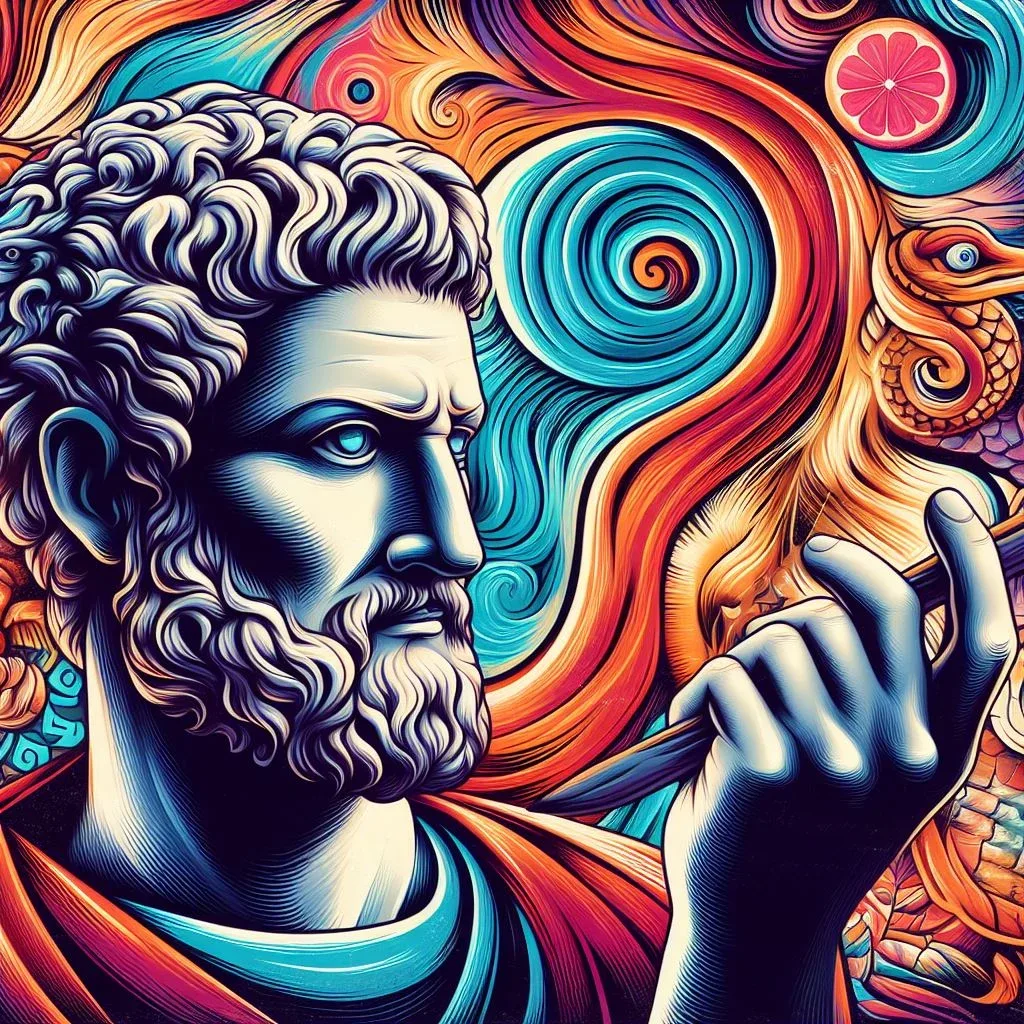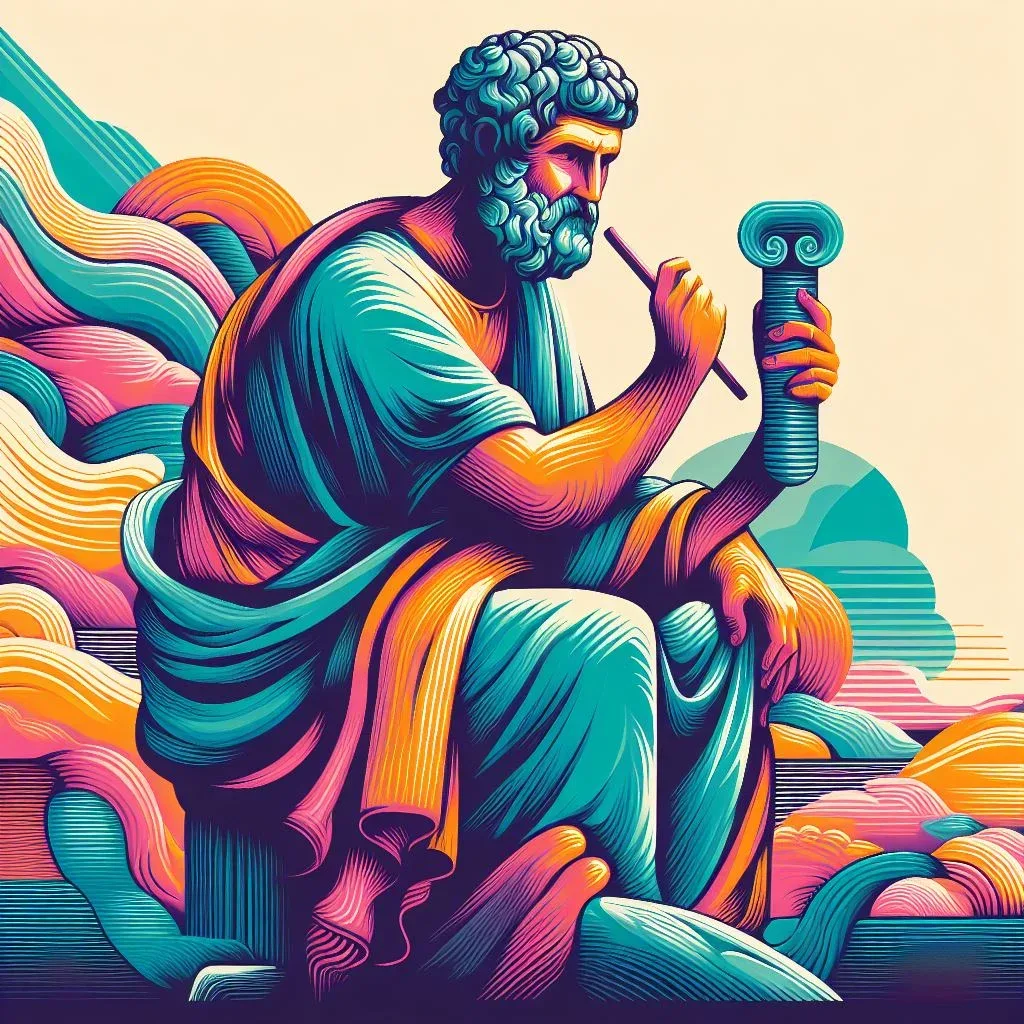Stoicism, one of the most influential philosophical schools of antiquity, has Seneca as one of its fundamental pillars. This great Roman philosopher played a crucial role in the development and promotion of Stoicism. In this blog post, we will dive deep into the life and teachings of Seneca, exploring his lasting impact on Stoic philosophy and the pursuit of virtue.

Who was Seneca?
Life and Times
Lucius Anneus Seneca, generally known as Seneca, was born in Córdoba, Spain, around 4 BC and lived until 65 AD. He was a contemporary of Emperor Nero and played significant roles in the Roman politics of his day. However, Seneca is best known for his philosophical and moral contributions.
Stoic Education
Seneca was educated in stoic philosophy since young. He studied under the guidance of great stoic philosophers, such as the famous Stoic Sextus Marius and the philosopher Papiriano. This education profoundly shaped his worldview and your philosophical beliefs.
Seneca and Stoicism

Philosophical Works
Seneca is known for a series of philosophical works that address the principles of Stoicism. Among his most famous works are “Letters to Lucílio” and “Dialogues”. These works explore themes such as pursuit of virtue, the importance of self-control, acceptance of death and the relationship between philosophy and everyday life.
Ethics and Virtue
Ethics was a central point in Seneca's teachings. He believed that the pursuit of virtue was the path to a meaningful life. Seneca emphasized the importance of cultivating qualities such as courage, justice, wisdom, and self-discipline. He saw virtue as the only truly good thing and sought to live by those principles.
Resilience and Serenity
Seneca also highlighted the importance of resilience and emotional serenity. He taught that by accepting what we cannot control and maintaining self-control, we can find inner peace even in the midst of life's adversities. Your practical approach to dealing with challenges and difficulties it is an essential part of Stoicism.
Seneca's Principles of Stoicism

Acceptance of Destiny
One of Seneca's fundamental teachings was the serene acceptance of fate. He believed that everything that happens in life, whether good or bad, is part of the natural order of the universe. Therefore, the key to serenity lies in accepting this and focusing our attention on what we can control: our own thoughts and actions.
The Value of Self-Examination
Seneca emphasized constant self-examination as a tool for self-improvement. personal growth. He believed that we should reflect on our own thoughts and actions regularly, identifying areas where we can improve and grow as individuals. This process of self-evaluation was fundamental to the development of virtue.
Seneca's Legacy in Stoicism

Influence on Philosophy
Seneca's impact on Stoicism is immense. His philosophical works continue to be read and studied by philosophers, scholars, and Stoic enthusiasts around the world. His deep reflections and practical approach to ethical living are sources of inspiration.
Application in Modern Life
Seneca's teachings also find resonance in modern life. His advice on the pursuit of virtue, emotional resilience and constant self-examination are frequent themes in self-help books, motivational talks and cognitive behavioral therapy.
Conclusion: Seneca – Stoic Philosopher of Virtue
Seneca, the Stoic philosopher who lived in a time of challenge and turmoil, left a lasting legacy in Stoicism and philosophy in general. His pursuit of virtue, his emphasis on resilience, and his practical approach to ethics continue to inspire those who seek a meaningful and moral life.
This blog post explored in detail the life and teachings of Seneca, highlighting his crucial role in the development of Stoicism and his lasting impact on philosophy and everyday life.





